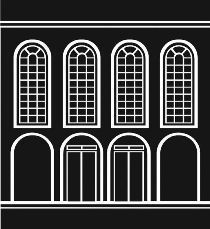Forum Network
Free online lectures: Explore a world of ideas

The Museum of African American History was founded to preserve and interpret the contributions of people of African descent and those who have found common cause with them in the struggle for liberty and justice for all Americans. Through permanent and rotating exhibits, a wide range of public and education programs ranging from debates to concerts, and summer youth camps to Underground Railroad Overnight Adventures, it places the African American experience in an accurate social, cultural and historical perspective. Incorporated in 1967, the Museum is nationally and internationally known for The African Meeting House, a National Historic Landmark, and Abiel Smith School on Boston's Beacon Hill, The African Meeting House on Nantucket, and Black Heritage Trails® in Boston and Nantucket.